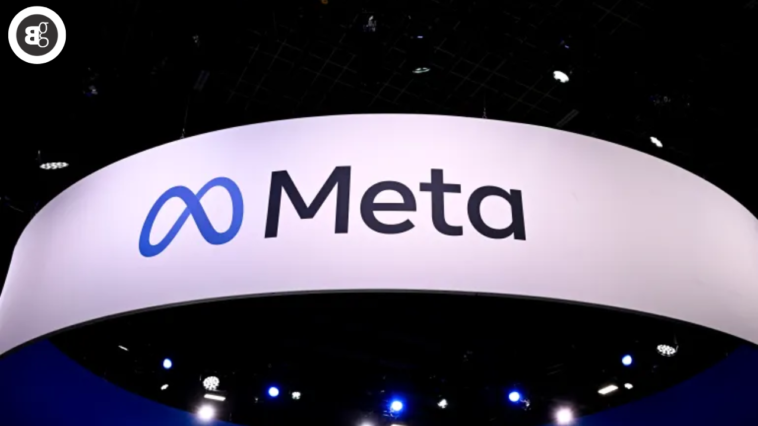Zuckerberg’s Announcement and Its Implications
Meta CEO Mark Zuckerberg announced the company would end third-party fact-checking and ease moderation of sensitive topics. He described this shift as reflecting a broader cultural tipping point toward free speech over moderation, influenced by the political climate following Donald Trump’s re-election.
The Changing Landscape of Fact-Checking
Decline in Fact-Checking Projects
It appears like the days of fact-checking campaigns are concluding. The number has diminished since 2022, when there were 457 dynamic ventures around the world. In 2020, Google searches for phrases like “fact check” peaked as well, indicating a decline in public interest.
Financial Challenges for Fact-Checking Initiatives
Many fact-checking organizations are at risk due to Meta’s decision to stop supporting them. Because the corporation spent $100 million on these projects between 2016 and 2022. Numerous efforts might not be able to survive without this support.
Elon Musk’s Influence on Internet Moderation
Elsewhere, Elon Musk has pushed X (formerly Twitter) toward minimal content regulation, promoting free speech. Musk’s approach aligns with Meta’s direction, amplifying the trend of deregulation across Silicon Valley.
Criticism of Meta’s Move
Misinformation experts view Meta’s decision as politically motivated, accusing Zuckerberg of aligning with Trump’s anti-fact-checking stance. Critics argue this undermines accountability and evidence-based debate.
Political Bias in Fact-Checking
Conservatives have long claimed that fact-checking initiatives favor liberal viewpoints. A 2019 Pew poll found 70% of Republicans believed fact-checkers were biased. Zuckerberg echoed these concerns, citing perceived political bias in fact-checking.
The Role of “Community Notes”
To replace formal fact-checking, Meta plans to implement a “community notes” system, modeled after X, where users can collaboratively add explanatory notes to posts.
Challenges and Criticisms of Fact-Checking
Fact-checking organizations reject allegations of bias, emphasizing their role in adding context and debunking false claims. However, critics argue that their focus on certain narratives, particularly around liberal issues, limits their effectiveness.
Future of Fact-Checking
Media experts suggest that fact-checking may evolve rather than disappear entirely. New formats may emerge, reflecting changing societal needs. John P. Wihbey emphasizes the importance of maintaining journalism’s empirical and open-minded approach, regardless of changes in branding or methodology.
The Impact of Misinformation on Audiences
Studies show that efforts like digital literacy education and warning labels improve the public’s ability to discern misinformation, but only modestly. The overwhelming volume of online content remains a significant barrier.
A Pragmatic Approach to Journalism
As the media landscape evolves, the challenge lies in striking a balance between free speech and accountability. Maintaining a commitment to empirical reporting and fostering open debate will be crucial for journalism to remain relevant in an increasingly polarized world.
This shift toward a freewheeling internet represents both challenges and opportunities, with the potential to reshape the way information is shared and verified globally.





